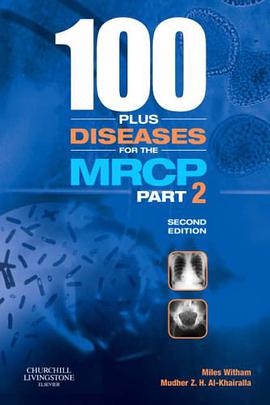

具体描述
The fertility rate has dramatically declined across Europe in recent years. Globally, over sixty-four countries have fallen below generation replacement levels and countries in eastern and southern Europe are registering the lowest birth rates in the history of humanity. Demographers emphasize that these developments could have serious repercussions for society and public policy - from a projected drastic loss of national population numbers to labor shortages and a swelling population of over-65s.Typically, analysts have approached the issue of low fertility quantitatively and from state levels. As a result, most research tends to elide any nuanced understanding of this significant trend. Filling a major gap, this timely book goes well beyond existing studies to investigate how people experience, understand and speak about what is called "low fertility." On the individual level, is there such a thing? How do people understand their choices and the perceived limitations on their lives? What is the meaning of motherhood for women today? How has the definition of "family" changed? What are the particularities of fertility decline in each country? And, perhaps most importantly, what does this tendency toward fewer births mean to the women and men who ultimately become demographic statistics?Offering new readings and a much deeper understanding of Europe's decline in fertility, this exciting book adds the voices of everyday people to previous state-centered studies. Overturning a number of assumptions, case studies show that having fewer children is often understood positively in Europe as a means to freedom and self-empowerment. Anyone wishing to understand what low fertility means to the people who live it will find this book essential reading.
作者简介
目录信息
读后感
评分
评分
评分
评分
用户评价
相关图书
本站所有内容均为互联网搜索引擎提供的公开搜索信息,本站不存储任何数据与内容,任何内容与数据均与本站无关,如有需要请联系相关搜索引擎包括但不限于百度,google,bing,sogou 等
© 2026 book.wenda123.org All Rights Reserved. 图书目录大全 版权所有




















